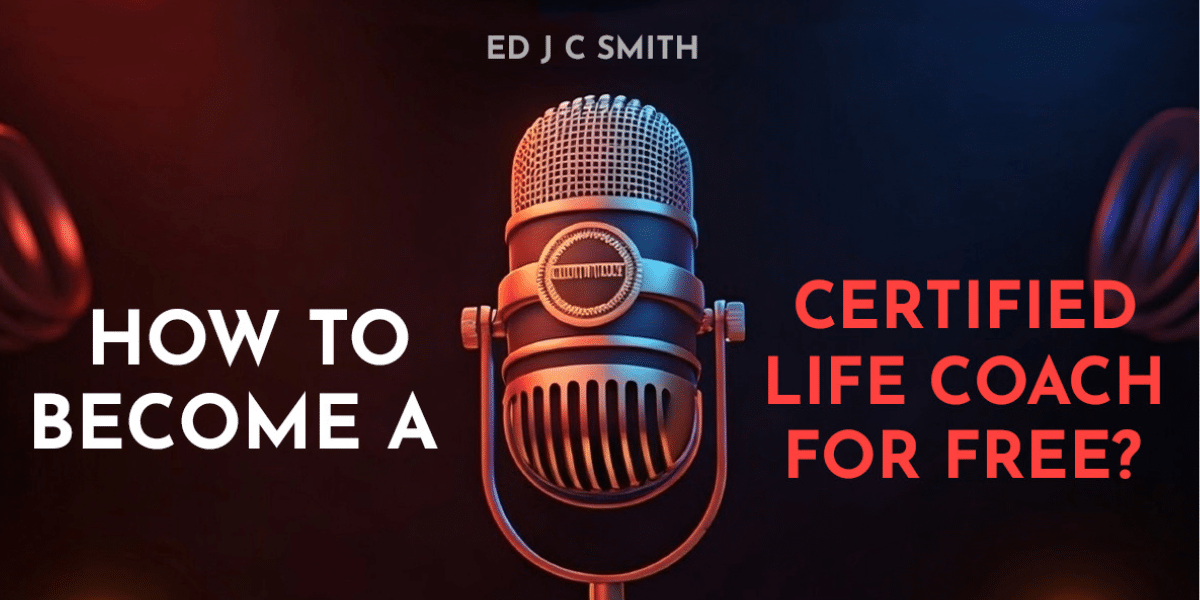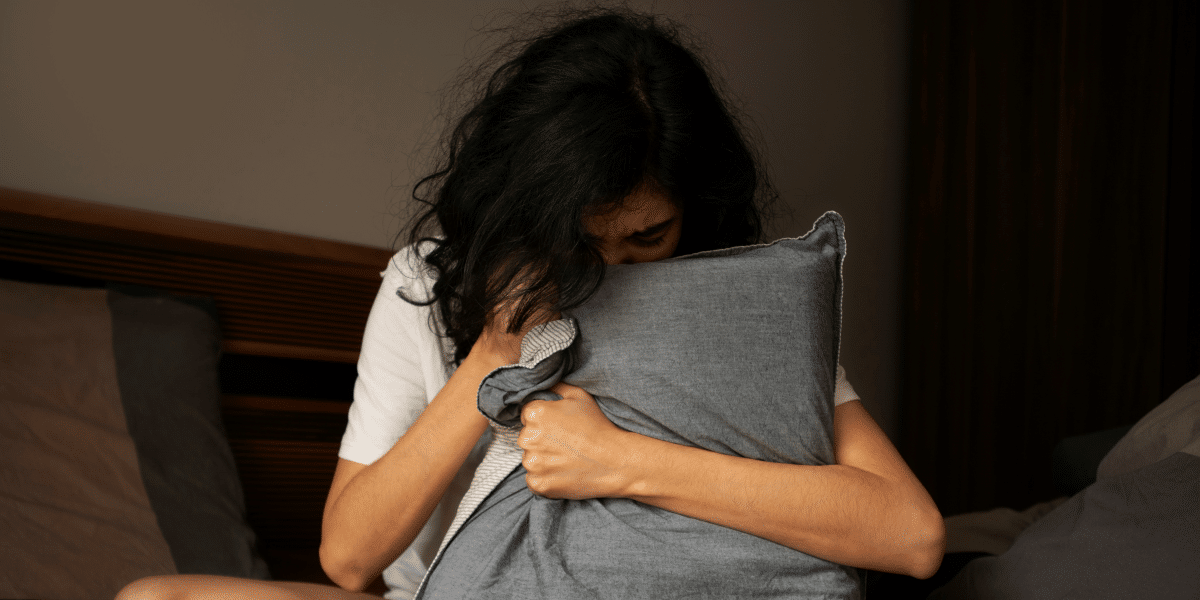In a recent episode of the Relationship Advice podcast, host Chase Kosterlitz interviewed psychotherapist and mental health advocate Ann Russo on the intricacies of sex positivity in relationships, religion, and gender differences.
One of the key highlights of their conversation was the contradictory ways in which society views female sexuality. Ann took special note to discuss the pervasive double standards women face regarding sexualization — particularly within the context of religious teachings and cultural conditioning.
As someone who provides culturally sensitive mental health services to queer populations and underserved communities, Ann drew upon her extensive research and studies on prominent women in the Bible, such as Eve and the Virgin Mary, to explore how these narratives continue to influence modern perceptions of female sexuality.
The Historical Roots of Sexualization: Eve vs. Virgin Mary
Ann’s exploration into the double standards women face began with a discussion of the contrasting portrayals of Eve and the Virgin Mary in Christian theology. These two figures, Ann explained, have long been used to set the parameters for what is deemed acceptable or unacceptable in women’s sexuality.
Eve, often depicted as the temptress who led Adam astray, has historically been used as a symbol of dangerous female sexuality—a force that must be controlled.
In stark contrast, the Virgin Mary is celebrated for her purity and chastity, her very identity inextricably tied to her virginity.
“Women are really told not to be sexual,” Ann explained during the podcast. “While men have been taught that women’s sexuality is dangerous unless it’s something they’re in control of. This narrative has its roots in the earliest Christian teachings, where the dichotomy of Eve and Mary established a framework for how women should be viewed and treated.”
Ann emphasized that these religious narratives have had a lasting impact on societal views of female sexuality, leading to a culture where women are often caught in a double bind—expected to be both pure and sexually available, yet condemned when they express their sexuality freely.
The Cultural Legacy of Religious Teachings
The discussion also touched on how these historical teachings have permeated modern culture, creating a pervasive and often contradictory set of expectations for women. While society sexualizes women in media and popular culture, it simultaneously shames them for embracing their sexuality.
Ann noted that this contradiction can be traced back to the religious origins of these beliefs, which have deeply influenced Western cultural norms.
“The idea that women’s sexuality is dangerous unless controlled by men is something that has been embedded in our culture for centuries,” Ann said. “We see it in the way women are portrayed in media, in the purity culture that still exists in many religious communities, and in the double standards that women face in their personal and professional lives.”
Ann’s insights shed light on the internal conflicts many women experience as they navigate these societal expectations. She pointed out that women are often placed in an impossible position where they are either judged for being too sexual or not sexual enough.
Unpacking Biases and Moving Towards Authenticity
Throughout the podcast, Ann emphasized the importance of self-awareness and reflection in overcoming these ingrained biases. She encouraged listeners to examine their own beliefs about sexuality and to consider where these beliefs originate.
By understanding the historical and cultural context of these ideas, individuals can begin to question and challenge the double standards that have been passed down through generations.
“Peeling back the layers of why you believe what you believe is essential,” Ann advised. “Start by questioning the messages you’ve received from your family, your peers, and the media. It’s uncomfortable, but it’s necessary work to begin moving towards a more authentic understanding of your own sexuality.”
Ann also highlighted the importance of creating a supportive environment for this kind of introspection. Whether through therapy, open conversations with partners, or personal reflection, she stresses the need for individuals to feel safe as they explore these deeply ingrained beliefs.
The Impact on Men and the Need for Compassion
In addition to discussing the impact on women, Ann acknowledged that men are also affected by these societal expectations. She noted that men are often burdened with unrealistic ideas about masculinity and sexuality, which can create significant pressure and anxiety.
By fostering open, honest conversations about these issues, Ann believes that both men and women can begin to dismantle the harmful stereotypes that have shaped their views on sexuality.
“Connection is everything,” Ann said. “For men, it’s about understanding that they don’t have to conform to these narrow definitions of masculinity. And for women, it’s about finding a way to express their sexuality in a way that feels true to them, without the fear of judgment or shame.”
As the conversation drew to a close, Ann encouraged listeners to approach their own sexual journeys with empathy and compassion. She reminded them that the path to sexual empowerment is a personal one. It’s okay to make mistakes and change their minds along the way.
Ann Russo’s discussion on the Relationship Advice podcast serves as a powerful reminder of the enduring impact of religious teachings on modern views of sexuality. By challenging these long-held beliefs and encouraging open dialogue, Ann hopes to create a more inclusive and accepting society where everyone can explore their sexuality without fear or shame.
You can listen to Ann’s full episode on the podcast here. Feel free to reach out to her via the links on her website or click here to subscribe to her newsletter.
Published by: Holy Minoza











